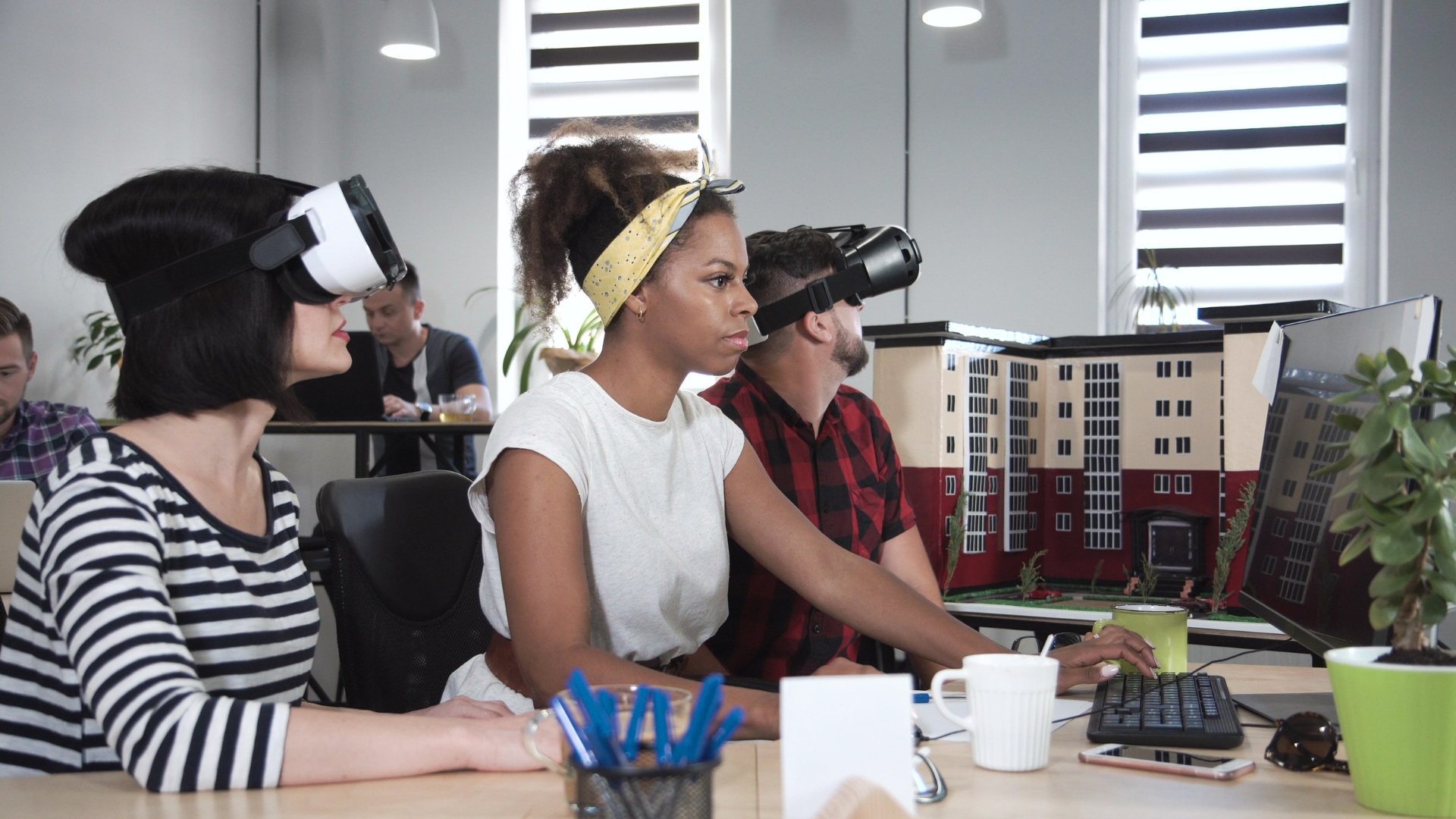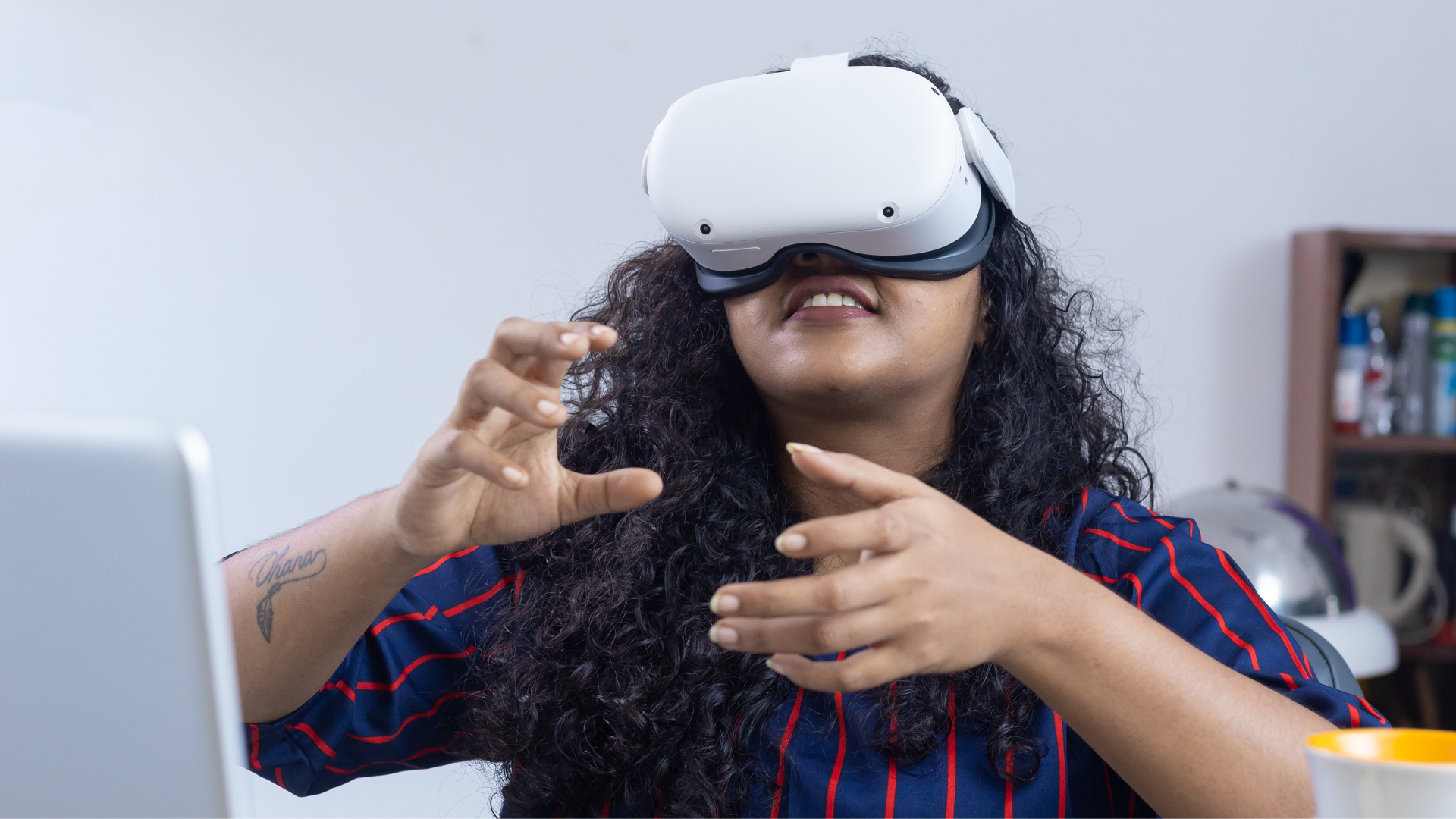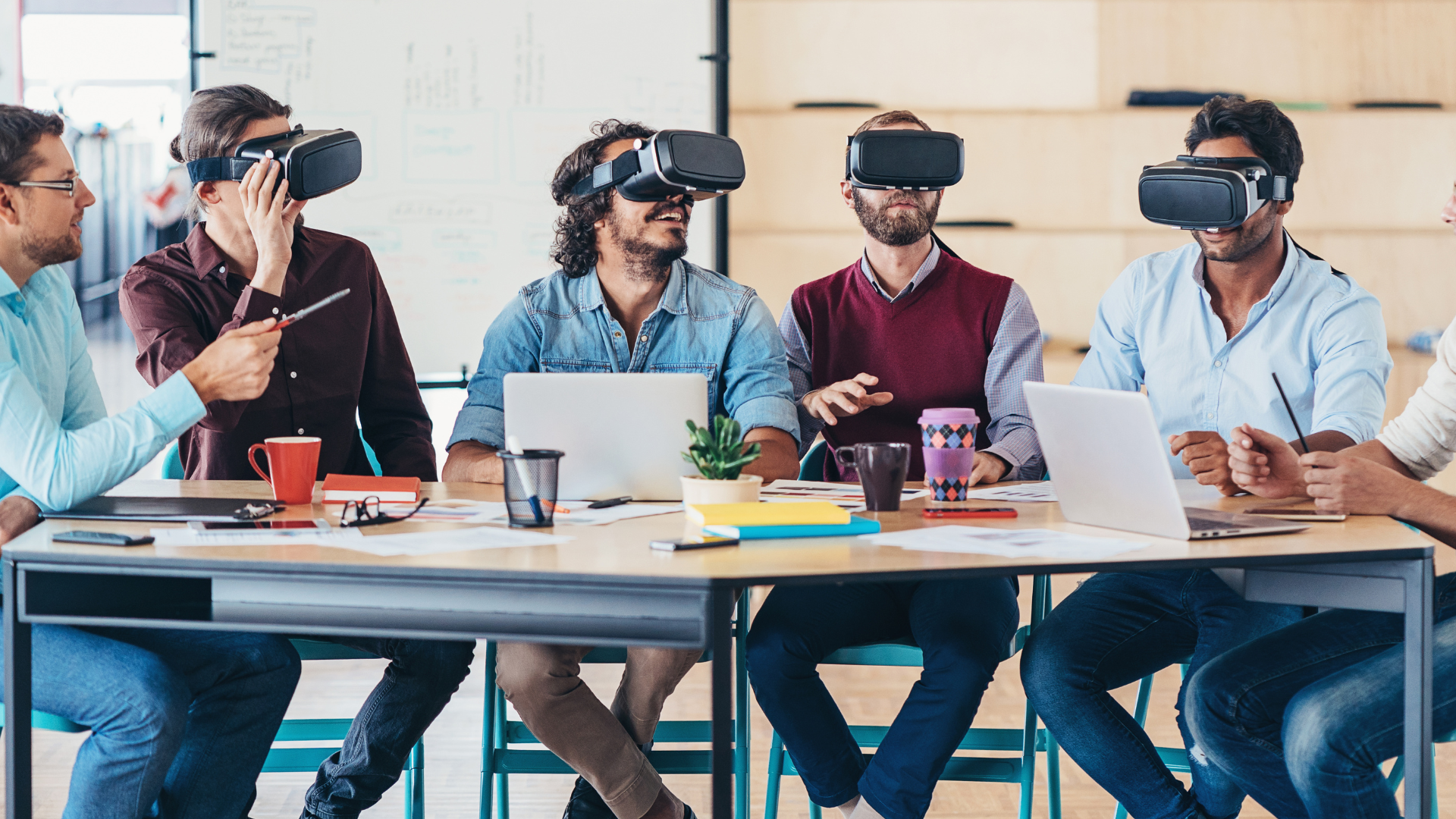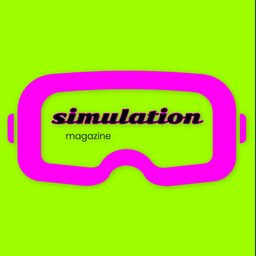Future work series: Work-Life Balance using VR
The traditional concept of work-life balance is changing rapidly, and virtual reality (VR) is playing a significant role in this transformation. VR is opening up new possibilities for remote work, flexible schedules, and immersive experiences that can enhance both work and personal life.
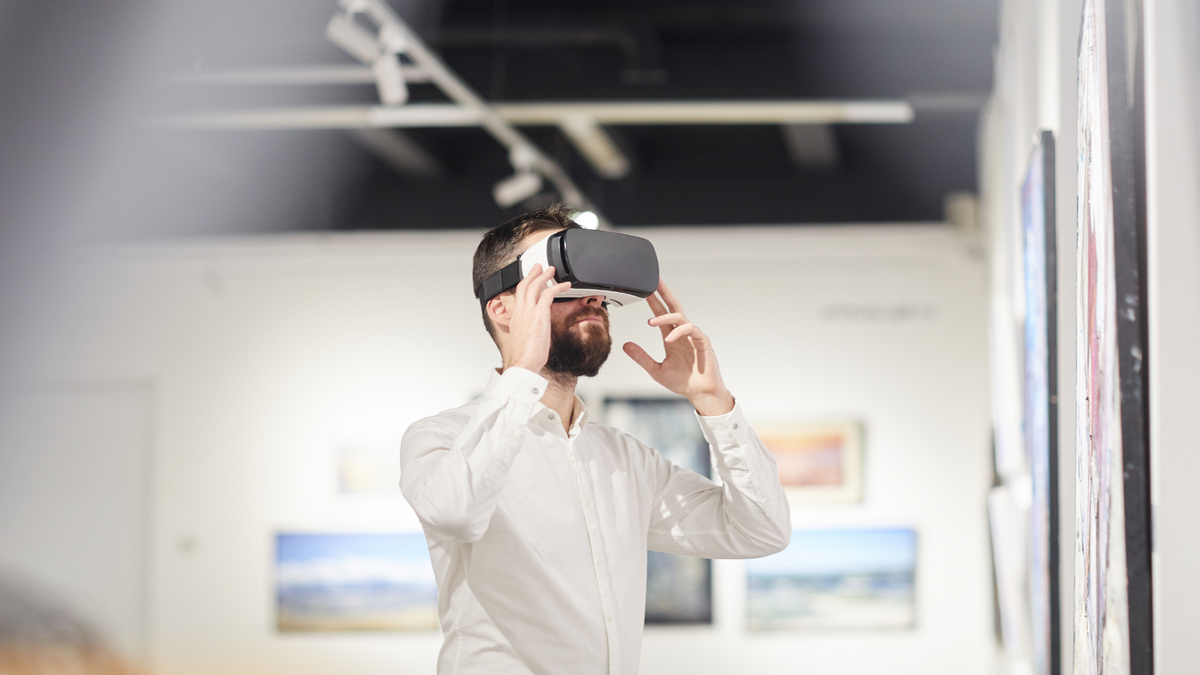
The traditional concept of work-life balance is changing rapidly, and virtual reality (VR) is playing a significant role in this transformation. VR is opening up new possibilities for remote work, flexible schedules, and immersive experiences that can enhance both work and personal life.
Let's take a deeper dive, and explore the future of work-life balance using VR.
Virtual Offices
With VR technology, remote work doesn't have to mean feeling disconnected from colleagues. Virtual offices allow employees to work collaboratively in a shared virtual space, regardless of location. This enhances team communication and collaboration while providing the flexibility to work from home or other remote locations.
Flexible Scheduling
VR technology can also support flexible scheduling by allowing employees to attend meetings, training sessions, and other work-related activities at any time, from anywhere. This can help reduce stress and improve work-life balance by giving employees more control over their schedules.
Virtual Retreats
VR technology can provide a way for employees to take a break from work without leaving their homes. Virtual retreats can simulate relaxing environments like beaches, forests, or mountain retreats, providing a way to unwind and recharge without the expense or time commitment of traditional vacations.
Immersive Learning
VR technology can also be used to support immersive learning experiences. Instead of attending in-person training sessions, employees can learn new skills in a virtual environment that simulates real-world scenarios. This can help reduce the time and cost associated with training while improving the quality of the learning experience.
Personal Development
VR technology can also support personal development outside of the workplace. For example, meditation and mindfulness apps can use VR to create immersive experiences that promote relaxation and stress reduction. This can help employees maintain a healthy work-life balance and improve their overall well-being.
While VR technology has the potential to enhance work-life balance, there are also potential challenges. Some people may experience motion sickness or other physical discomfort while using VR technology, and there may be concerns about privacy and security. Additionally, as with any new technology, there may be a learning curve and additional training required.
VR technology has the potential to transform the way we approach work-life balance, offering new opportunities for remote work, flexible scheduling, immersive learning, and personal development. As the technology continues to evolve, it's important for individuals and organisations to carefully consider the opportunities and challenges of using VR to support work-life balance, and to develop strategies for integrating the technology into their work and personal lives.
Other articles in our Future Of Work Series:
